The global genomic surveillance systems established during the COVID-19 pandemic have revolutionized how public health authorities track and respond to emerging viral threats. By sequencing virus samples from infected patients worldwide, scientists can detect new variants almost in real-time, mapping mutations that may increase transmissibility or evade immunity. This technological leap has undoubtedly saved lives, enabling faster vaccine adjustments and targeted containment measures. However, as these surveillance networks expand into routine monitoring of other pathogens, a troubling question emerges: Are we building an early warning system for future outbreaks, or quietly constructing a privacy black hole that could erode civil liberties?
The promise of genomic surveillance is undeniable. During the pandemic, platforms like GISAID allowed researchers to share SARS-CoV-2 sequences within hours of collection, uncovering critical mutations in variants like Delta and Omicron months before they dominated globally. This allowed vaccine manufacturers to test updated formulas and governments to impose travel restrictions selectively. Now, the WHO's International Pathogen Surveillance Network aims to apply this model to influenza, antibiotic-resistant bacteria, and unknown "Disease X" threats. Proponents argue such systems could spot spillover events from animals to humans faster than traditional reporting, potentially stopping the next pandemic at its source.
Yet beneath this lifesaving potential flows an undercurrent of ethical dilemmas. Unlike anonymized COVID sequencing, which typically discarded human genetic data, broader pathogen surveillance often requires retaining host DNA to study zoonotic origins or immune responses. A 2023 Nature study found 67% of publicly shared avian flu sequences contained enough human genetic material to theoretically identify individuals. In countries lacking strong data protection laws, such information could be exploited by insurers, employers, or authoritarian regimes. "We're entering an era where your morning nasal swab at the clinic might reveal not just if you have the flu, but your ancestry, genetic diseases, and even family relationships," warns bioethicist Dr. Priya Desai of the Geneva Health Forum.
The legal frameworks governing this data remain dangerously fragmented. While the EU's GDPR imposes strict rules on human genomic data, many Asian and African nations—where crucial zoonotic surveillance occurs—have no equivalent protections. Researchers at the University of Cape Town recently demonstrated how easily someone could use public databases to link tuberculosis sequences from South African townships to identifiable individuals. "These aren't hypothetical risks," says lead author Professor James Dlamini. "During our TB study, we accidentally recognized sequences from a local nurse we knew, based on her unique HIV medication markers visible in the data."
Commercial interests further complicate the landscape. Over 30% of genomic surveillance contracts now involve private companies, from Silicon Valley AI firms analyzing mutation patterns to biotech startups selling automated sequencers. Many agreements allow these corporations to retain intellectual property rights over processed data. In 2022, a pharmaceutical company attempted to patent early Omicron variant sequences from Botswana before backtracking after public outcry. "There's a gold rush mentality," notes Kenyan virologist Dr. Wanjiru Mumbi. "Your mucus sample could become some CEO's trade secret before you even get your test results."
Perhaps most alarmingly, security experts warn that genome databases present irresistible targets for hackers and hostile states. In 2021, North Korean-linked groups breached South Korean COVID testing centers, stealing both viral and human genomic data. Cybersecurity firm Kaspersky reports a 240% increase in attacks on health genomic servers since 2020. "Imagine biological warfare 2.0," suggests former WHO cybersecurity head Dr. Markus Reinhardt. "Instead of spraying anthrax in subways, you could theoretically design a virus targeting specific ethnic groups based on leaked genomic data."
Some nations are pioneering middle-ground solutions. Iceland's decentralized system processes all viral sequencing through a government-run encryption hub that automatically strips human DNA before analysis. Japan limits storage to 72 hours unless patients opt in for research. But in much of the world, the choice between security and surveillance increasingly resembles the early days of internet regulation—except this time, the data being traded isn't your browsing history, but the very blueprint of your biology.
As climate change accelerates animal-to-human virus jumps, robust genomic surveillance may indeed become non-negotiable for pandemic prevention. Yet without urgent global standards on data ownership, consent protocols, and cybersecurity defenses, we risk curing one crisis by creating another—one where our genes become just another commodity in the digital age's unquenchable thirst for data.
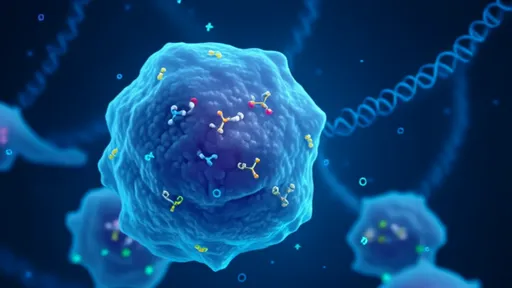
By /Jul 3, 2025
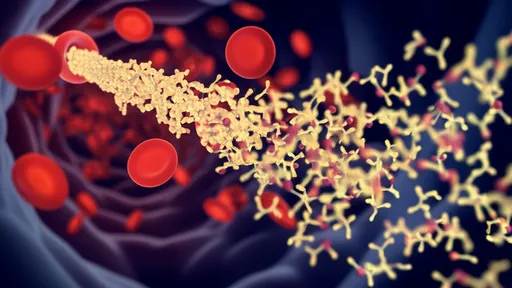
By /Jul 3, 2025
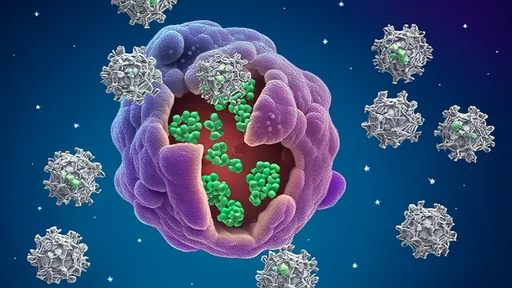
By /Jul 3, 2025
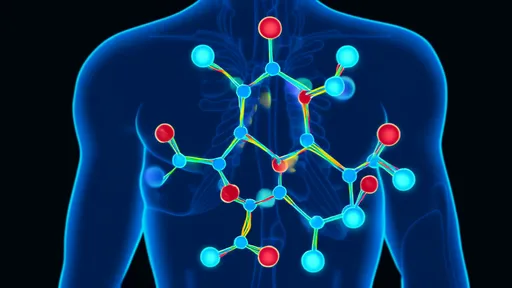
By /Jul 3, 2025
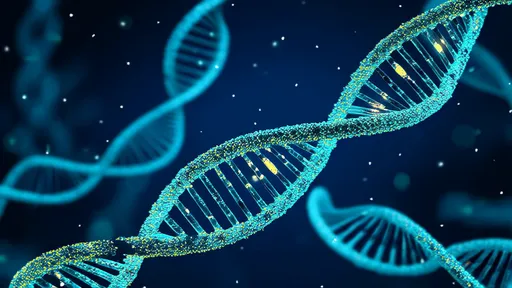
By /Jul 3, 2025
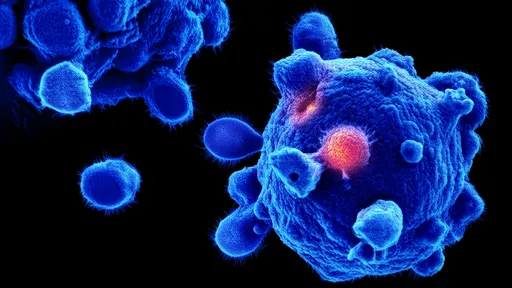
By /Jul 3, 2025
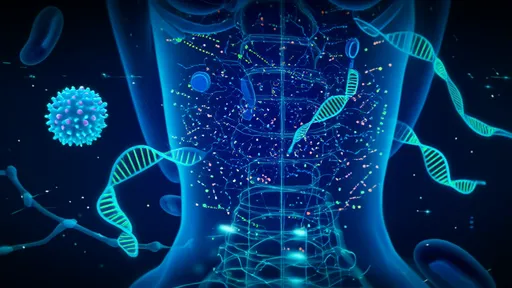
By /Jul 3, 2025

By /Jul 3, 2025
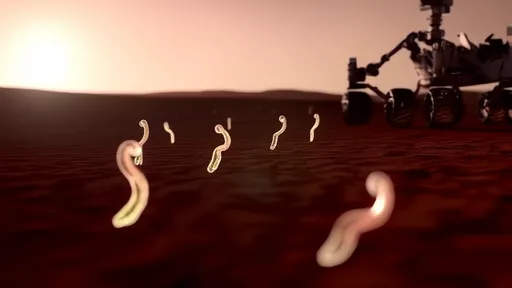
By /Jul 3, 2025

By /Jul 3, 2025

By /Jul 3, 2025
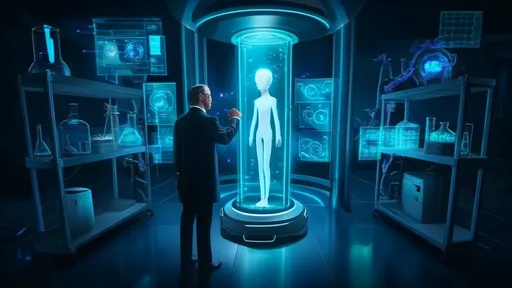
By /Jul 3, 2025

By /Jul 3, 2025
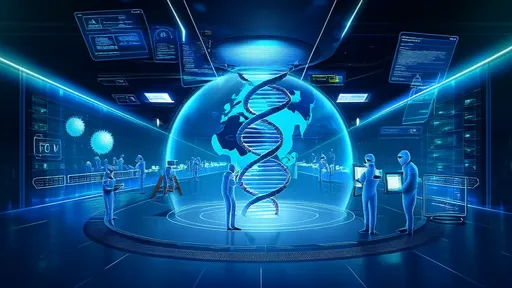
By /Jul 3, 2025

By /Jul 3, 2025

By /Jul 3, 2025
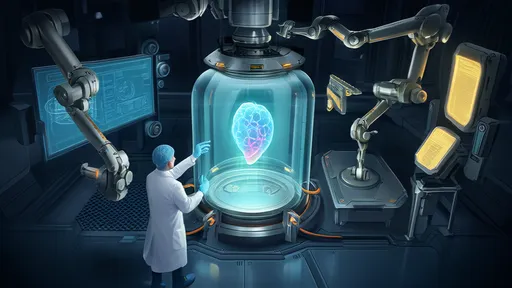
By /Jul 3, 2025

By /Jul 3, 2025

By /Jul 3, 2025
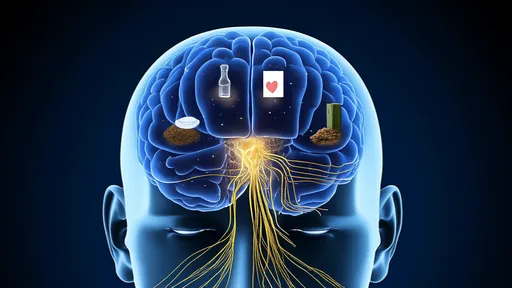
By /Jul 3, 2025